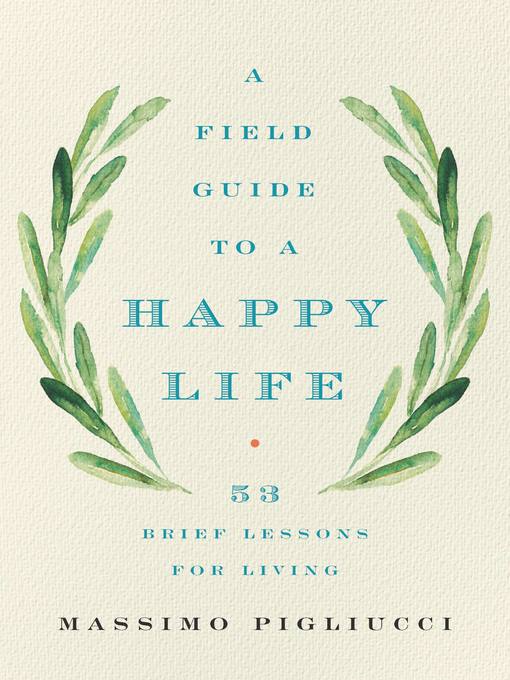
A Field Guide to a Happy Life
53 Brief Lessons for Living
کتاب های مرتبط
- اطلاعات
- نقد و بررسی
- دیدگاه کاربران
نقد و بررسی

July 15, 2020
An attempt to update the Stoic philosophy as expressed by Roman thinker and former slave Epictetus (50-130 C.E.). Some things are within our power; most are not. Stoicism offers a path to discerning the difference. Philosophy professor Pigliucci, a staunch proponent of science education, calls his book, based on Epictetus' Enchiridion, a "field guide" because life is lived in the field, not in theory. The Enchiridion was composed of 53 "units" or principles; Pigliucci modifies half of those to be in harmony with 21st-century realities, knowing that Stoicism, a highly cosmopolitan body of thought, has undergone many alterations through the centuries and will continue to do so. Founded by Zeno (334-262 B.C.E.), Stoicism espouses the idea that a virtuous and happy life requires applying reason to the betterment of self and society. Pigliucci has the same aim, though, like Socrates (and unlike Epictetus), he does not advise total disregard of "externals" (things not under our control), a dominant ethic of original Stoicism. Of course, the word "stoic" did not mean then what it means today. The author's modernization of Stoicism involves accepting misfortune or adversity with equanimity but also having goals and pursuing them in a manner consistent with one's integrity and self-respect. However, even some of Pigliucci's revisions are ideals; there is a difference between moderation and monasticism. What's missing here is passion. Being virtuous and phlegmatic all the time would make one admirable but rather dull, and other people's attitudes, opinions, and actions (externals) are of no concern to us only if we live in a vacuum. While Pigliucci agrees that reading philosophy and living a philosophy are two different things, he stresses that the art of living requires discipline. The value of Stoicism--traditional or Pigliucci's version--is in the universal ideas it holds about human nature.
COPYRIGHT(2020) Kirkus Reviews, ALL RIGHTS RESERVED.

July 27, 2020
Pigliucci (How to Live a Good Life), professor of philosophy at City College of New York, delivers a shrewd take on Stoic philosophy that’s one part inspiration and one part manual for cultivating resilience in daily life. Pigliucci advocates for the daily application of the ancient philosophy’s four cardinal virtues—wisdom, justice, courage, and moderation—as an antidote to modern fixations on fame, wealth, and comfort. In his exhortations to readers to simply focus on what they can control, such as one’s personal character, Pigliucci focuses particularly on Epictetus (50–135 CE), who started out a slave and ended up a Stoic sage. Applying the tenets of Epictetus’s guide to the good life (The Enchiridion) to contemporary issues and sensibilities—such as social justice and secularism—Pigliucci offers 53 Stoic proverbs applicable to the 21st century (“reorient your likely misguided desires and aversions”; “prepare yourself to behave justly to other people”) and a summary of how modern Stoicism differs from that of Epictetus (“do not congratulate yourself for things that don’t really belong to you. Do you have a nice car? The merit goes to the engineers who conceived it”). Pigliucci’s prudent advice will have broad appeal among philosophically inclined readers of self-help.

























دیدگاه کاربران